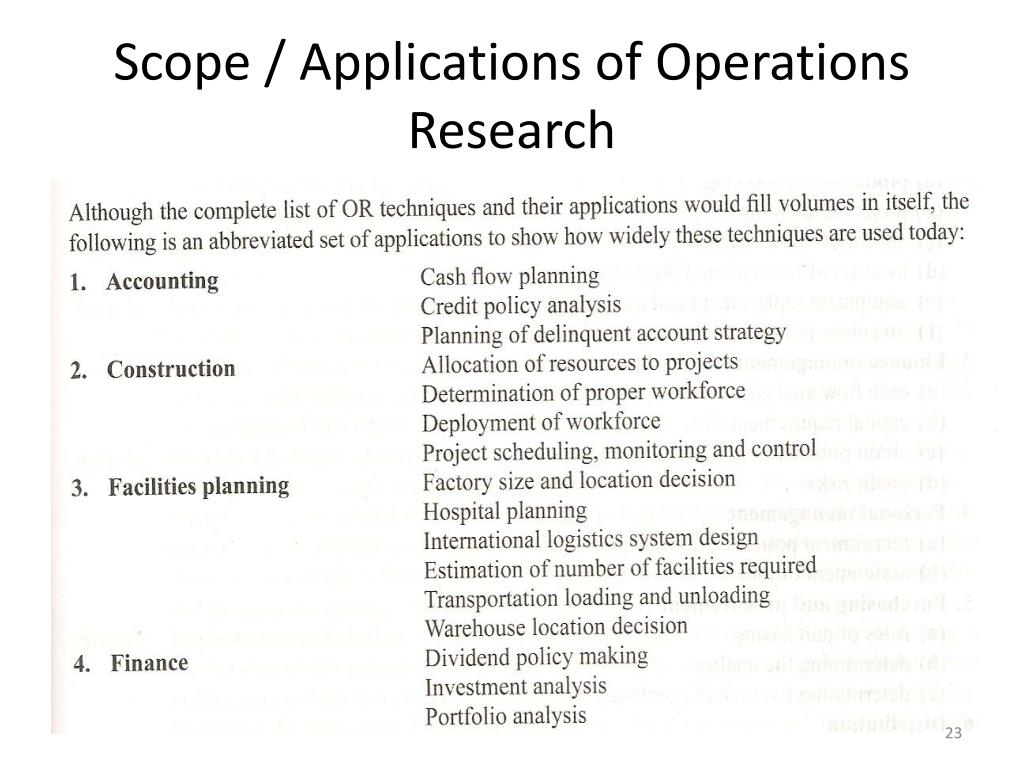
Infection control in communities and ETCs: Isolation of Ebola patients and supportive medical and mental health care in dedicated Ebola treatment centers (ETCs) Ī functioning surveillance and alert system MSF, in close collaboration with other actors such as the World Health Organization (WHO) and various national ministries of health, has been detecting and controlling Ebola outbreaks for decades and uses 6 pillars for its approach: This policy helped focus operational research to produce findings that were relevant to the emergency response. Importantly, most operational research questions were decided by those in the field who had first-hand experience of the challenges encountered on a daily basis. During the recent Ebola outbreak in West Africa, operational research was integrated into the response of Médecins Sans Frontières (MSF) to the emergency with the aim of controlling spread of the virus, improving patient outcomes, assessing the feasibility of new interventions, and advocating for policy change based on findings. Operational research is defined as the search for knowledge on interventions, strategies, or tools that can enhance the quality, effectiveness, or coverage of programs in which the research is being done ( 1). Many challenges were also identified while carrying out operational research across 3 different countries, including the basic need for collecting data in standardized format to enable comparison of findings among treatment centers.

Such a method is appropriate for an emergency medical organization. Importantly, operational research questions were decided to a large extent by returning volunteers who had first-hand knowledge of the immediate issues facing teams in the field.

This research covered critical areas, such as understanding how the virus spreads, clinical trials, community perceptions, challenges within Ebola treatment centers, and negative effects on non-Ebola healthcare. Médecins Sans Frontières admitted ≈5,200 patients with confirmed Ebola virus disease during the Ebola outbreak in West Africa and from the beginning nested operational research within its emergency response. RAND's publications do not necessarily reflect the opinions of its research clients and sponsors.Operational research aims to identify interventions, strategies, or tools that can enhance the quality, effectiveness, or coverage of programs where the research is taking place.

For more information, visit The RAND Corporation is a nonprofit institution that helps improve policy and decisionmaking through research and analysis. To help ensure our research and analysis are rigorous, objective, and nonpartisan, we subject our research publications to a robust and exacting quality-assurance process avoid both the appearance and reality of financial and other conflicts of interest through staff training, project screening, and a policy of mandatory disclosure and pursue transparency in our research engagements through our commitment to the open publication of our research findings and recommendations, disclosure of the source of funding of published research, and policies to ensure intellectual independence. Our mission to help improve policy and decisionmaking through research and analysis is enabled through our core values of quality and objectivity and our unwavering commitment to the highest level of integrity and ethical behavior. Papers were less formal than reports and did not require rigorous peer review.
#Uses of operational research professional#
The paper was a product of the RAND Corporation from 1948 to 2003 that captured speeches, memorials, and derivative research, usually prepared on authors' own time and meant to be the scholarly or scientific contribution of individual authors to their professional fields. This report is part of the RAND Corporation Paper series.


 0 kommentar(er)
0 kommentar(er)
